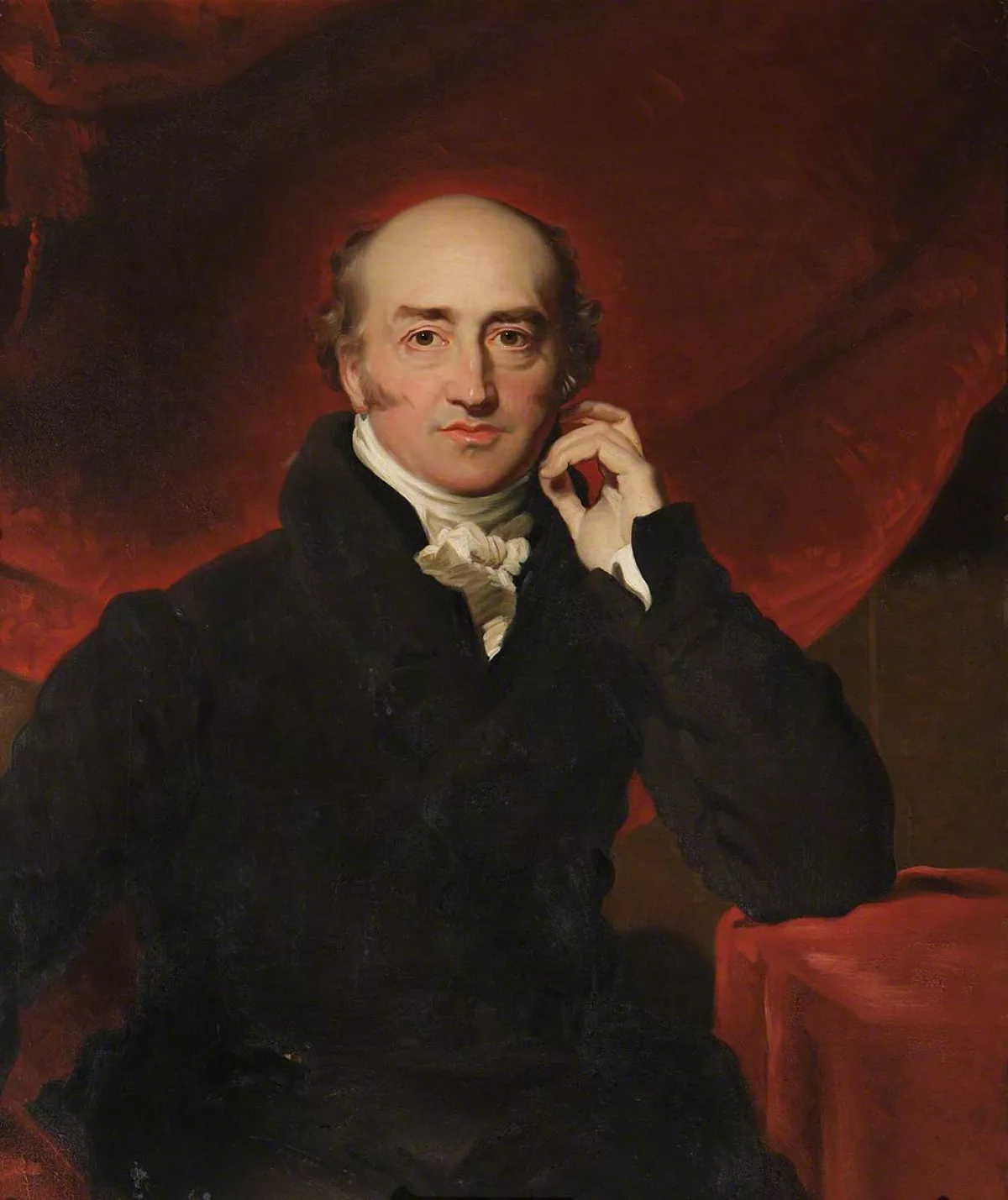 1.
1. George Canning held various senior cabinet positions under numerous prime ministers, including two important terms as foreign secretary, finally becoming Prime Minister of the United Kingdom for the last 119 days of his life, from April to August 1827.